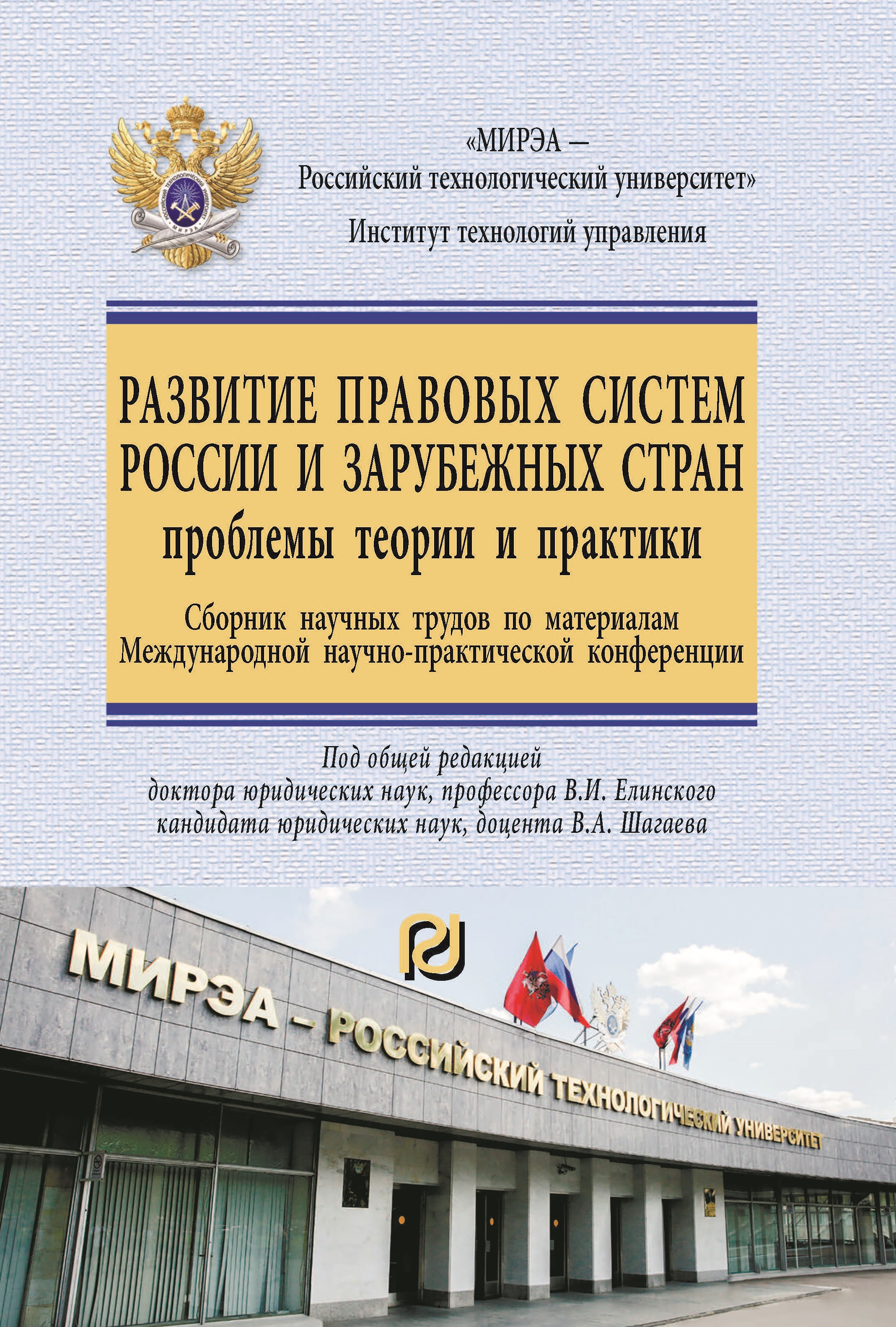UDC 34
CSCSTI 10.15
Russian Classification of Professions by Education 40.03.01
Russian Library and Bibliographic Classification 67
Russian Trade and Bibliographic Classification 7531
BISAC LAW018000 Constitutional
The level of political representation of women in different legislative bodies around the world varies greatly. The women in the Arab world, is that as in other areas of the world, have throughout history experienced discrimination and have been subject to restriction of their freedoms and rights. Many of these practices and limitations are based on cultural and emanate from tradition and not from religion as many people supposed, these main constraints that create an obstacle towards women’s rights and liberties are reflected in the participation of women in political life. Although there are differences between the countries, the Arab region in general is noted for the low participation of women in politics. Universal suffrage has become common in most countries, but there are still some Arab women who are denied such rights. There have been many highly respected female leaders in Arab history, such as Shajar al-Durr (13th century) in Egypt, Queen Orpha (d. 1090) in Yemen. In the modern era there have also been examples of female leadership in Arab countries. However, in Arabic-speaking countries no woman has ever been head of state, although many Arabs remarked on the presence of women such as Jehan Al Sadat, the wife of Anwar El Sadat in Egypt, and Wassila Bourguiba, the wife of Habib Bourguiba in Tunisia, who have strongly influenced their husbands in their dealings with matters of state. Many Arab countries allow women to vote in national elections. The first female Member of Parliament in the Arab world was Rawya Ateya, who was elected in Egypt in 1957. Some countries granted the female franchise in their constitutions following independence, while some extended the franchise to women in later constitutional amendments.
women, legal status, gender equality, political rights, Arab world
1. Abdul Haq Anscher, in the political journey Day 09-05 - 2014. URL: ttp://www.djazairess.com/alseyassi/24209.
2. Afràa Fdhil, is a research student at the Faculty of Legal, Political, and Social Sciences of Tunis in Carthage, The Struggle for Female Political Participation in Tunisia, October 28, 2014. URL: http://www.atlanticcouncil.org/blogs/menasource/the-struggle-for-female-political-participation-in-tunisia.
3. Amany Khodair, Bassant Hassib. Women’s Political Participation in Egypt: The Role of the National Council for Women. URL: https://www.psa.ac.uk/sites/default/files/conference/papers/2015/Women20Egypt.pdf. P. 4.
4. Fatima ZohraTaourit, the women in the contemporary Arab world: perceived by culture or religion, a dissertation Submitted as a Partial Fulfillment of the Requirements for the Master Degree in Anglo-Saxon Literature and Civilization, Supervisor Dr Wassila MOURO, Abou Bekr Belkaid University of Tlemcen, Algeria, Academic year: 2014-2015. P. 14.
5. Gabriella Borovsky, Asma Ben Yahia. Women’s Political Participation In Tunisia After The Revolution, Findings From Focus Groups In Tunisia, Conducted February 17-28, # May 2012, National Democratic Institute.
6. Helou Margaret (2000). ‘Women and Parliamentary Elections in Lebanon’, in Hussein Abu Rumman (ed.), Arab Women and Political Participation. Amman: al-Urdon al-Jadid Research Centre. P. 259.
7. Musaddaq Ruqua’ia (2000). Moroccan Women and Legislative Elections, in Hussein Abu Rumman (ed.), Arab Women and Political Participation. Amman: al-Urdon al-Jadid Research Centre. P. 244.
8. Supporting Morocco’s Women in Politics Posted on 24 February, 2010 by Guest Barbara Broomell is deputy director for Middle East and North Africa at the International Republican Institute, in The CIPE Development Blog. URL: http://www.cipe.org/blog/2010/02/24/supporting-morocco%E2%80%99s-women-in-politics/#.V1SqNzWLTIV.
9. The Arab quota report: selected case studies, quota report series -this report was compiled from the findings and case studies presented at a workshop held on 5-6 December 2004, in Cairo, Egypt. P. 3.
10. The workshop was organized and held jointly with United Nations Development Program (UNDP) Cairo, United Nations Development Fund for Women (UNIFEM) Arab States, and the National Council for Women in Egypt. This publication is a selection of the case studies presented at the Arab region workshop.
11. This discussion on Arab women’s participation in legislatures is taken from Sabbagh, Amal, 2005. ‘Case Study: The Arab States’, in International IDEA, Women in Parliament: Beyond Numbers. A Revised Edition. Stockholm: International Institute for Democracy and Electoral Assistance (IDEA).
12. Tiltnes Uga (2000). Women and Political Participation in Jordan, in Hussein Abu Rumman (ed.). Arab Women and Political Participation. Amman: al-Urdon al-Jadid Research Centre.
13. Topic guide for human rights council, axel model united nations human rights council (HRC) topic: women rights in Arab nations. URL: http://axmun.blogspot.ro/2014/11/topic-guide-for-human-rights-council.html. Published in Tuesday, 25 November 2014.
14. United Nations Development Fund for Women (UNIFEM), 2014. Progress of Arab Women 2014. Amman: UNIFEM Arab States Regional Office. P. 126.
15. Zed El Khir Titilia. Upgrade Algerian women’s representation in elected councils, Submission to complete the Master Certificate Requirements, Under the supervision of Dr. Yasmina Al Ajel, Kacedi Merebah University of Ourguela, academic year 2013/2014. P. 48.





